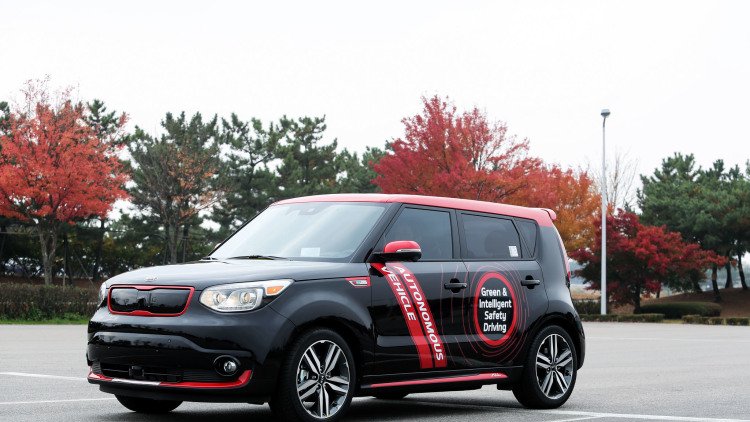Kia's development of driverless tech is part of the company's $2 billion investment with Hyundai through 2018 to help bring some of these systems to production models.
Rather than handing complete control to the computers immediately, Kia first plans to introduce partially driverless features on models by 2020. Its engineers intend to test technology like Traffic Jam Assist, Highway Autonomous Driving, Urban Autonomous Driving, an Emergency Stop System, and Autonomous Valet Parking on Nevada's roads. Kia doesn't foresee a fully piloted model on sale until 2030 and believes innovations in vehicle-to-vehicle and vehicle-to-infrastructure communications are necessary to make that possible.
Nevada has been a vital site for autonomous technology development since the state passed a law to allow testing on public roads. Google was among the earliest to get a permit, and Audi also quickly jumped on board. Freightliner was first to expand the authorization to commercial vehicles with its license for the Inspiration semi truck earlier this year. We're sure more will follow in short order.



